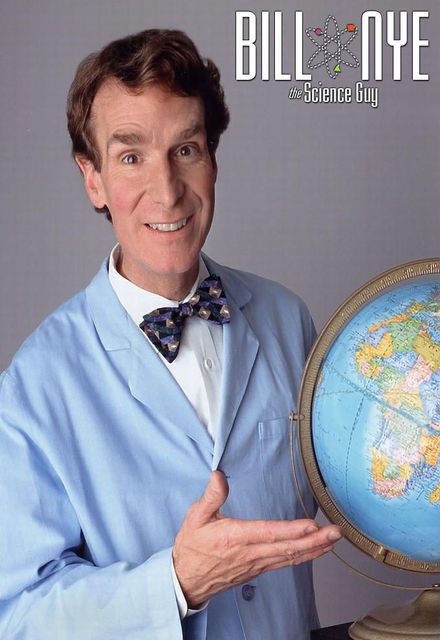PBS vs. BBC
“Bill Nye the Science Guy” was one of the most popular and iconic television series on PBS, and the success of the show gave Nye a current net worth of 6.5 million.
May 23, 2020
Since the United States gained independence from Britain in 1776, there has always been a certain pride in whatever is accomplished as a country. The United States constantly strives for greatness in each aspect of national identity, and the country has had significant influence on popular culture… but when it comes to broadcasting corporations, can America compete with the British?
BBC is the British Broadcasting Corporation; it is made up of “a portfolio of television services… ten UK-wide radio networks… [and] digital services” (BBC). The corporation was established by “Royal Charter,” a constitutional basis that outlines government regulation and a public mission “to act in the public interest, serving all audiences through the provision of impartial, high-quality and distinctive output and services which inform educate and entertain” (BBC).
PBS represents the Public Broadcasting Service of the United States. Similar to BBC, it has a mission to use “media to educate, inspire, entertain and express a diversity of perspectives” (PBS).
When you compare these two financially, there is a clear distinction. The main difference is the origin of funds; BBC receives funds through annual household taxes, while PBS is a private, non profit corporation.
Since BBC is government officiated, households with live television are required to pay for a television license. The amount due is also government officiated, and as of April 2019 the license cost is £154.50 pounds ($199.51 U.S. dollars) (BBC). To enforce the tax, License Enforcement Officers may “inspect properties, charge fines… [and] can enter homes with a warrant when necessary” (How Stuff Works).
Other than license fees, BBC earns further revenue from exporting productions to other parts of the world. Through BBC Worldwide, the corporation receives an additional £432 million pounds (about $558 million U.S. dollars). BBC Studios CEO Tim Davie reports that “BBC Worldwide entered… from a strong position. Joining our world-class distribution capability with the UK’s most awarded production company was the most natural step to keep us both fit for the future.”
The increasing audience of BBC attracts talent from all over the world as aspiring actors, producers, and directors seek the opportunity of global exposure. In stark contrast, PBS is entirely reliant on funding from either grants, funding drives, or private donations from “viewers like you” (PBS).
Considering these differences, BBC’s 2019 annual income totaled £4.9 billion pounds (about £6.3 billion dollars), while PBS’s 2019 annual income totaled $838.2 million dollars (Statistica).
BBC has a wider base than PBS, and can produce a variety of genres in a variety of formats. Popular BBC shows include Doctor Who, Line of Duty, Planet Earth, Sherlock, and The Night Manager. PBS, on the other hand, is limited to mostly documentaries and news broadcasts. Its children’s program “PBS Kids” has become an iconic brand with over 18 million children watching it per year (PBS). Isabel Smith (9) shares that she was one of those viewers when she says, “As a child I would frequently watch Super Why, Clifford, [and] Caillou.”
Ultimately, comparing success popularity-wise may not be as clear cut as monetary success. Although it is true that a larger budget makes production of quality content easier, there will always be differing opinions as to preferred content.





































